It's Friday, the sun is shining outside, my morning coffee is finished, I'm back in Nicosia, standing in the lobby of the university, holding my documents and a pen, waiting for the "final battle". A few minutes later, two women come in and ask those gathered to line up. Then one by one they take our passports and check them against the list. The people who came are divided into groups of 10-12 people and distributed among the classes.
Already at the door of the classroom, which turned out to be a floor above, I manage to exchange a few phrases with my partner, who was "in the same boat" with me. We agree to take our time, to work as a team, to answer questions calmly and without fuss. We are invited into the classroom.
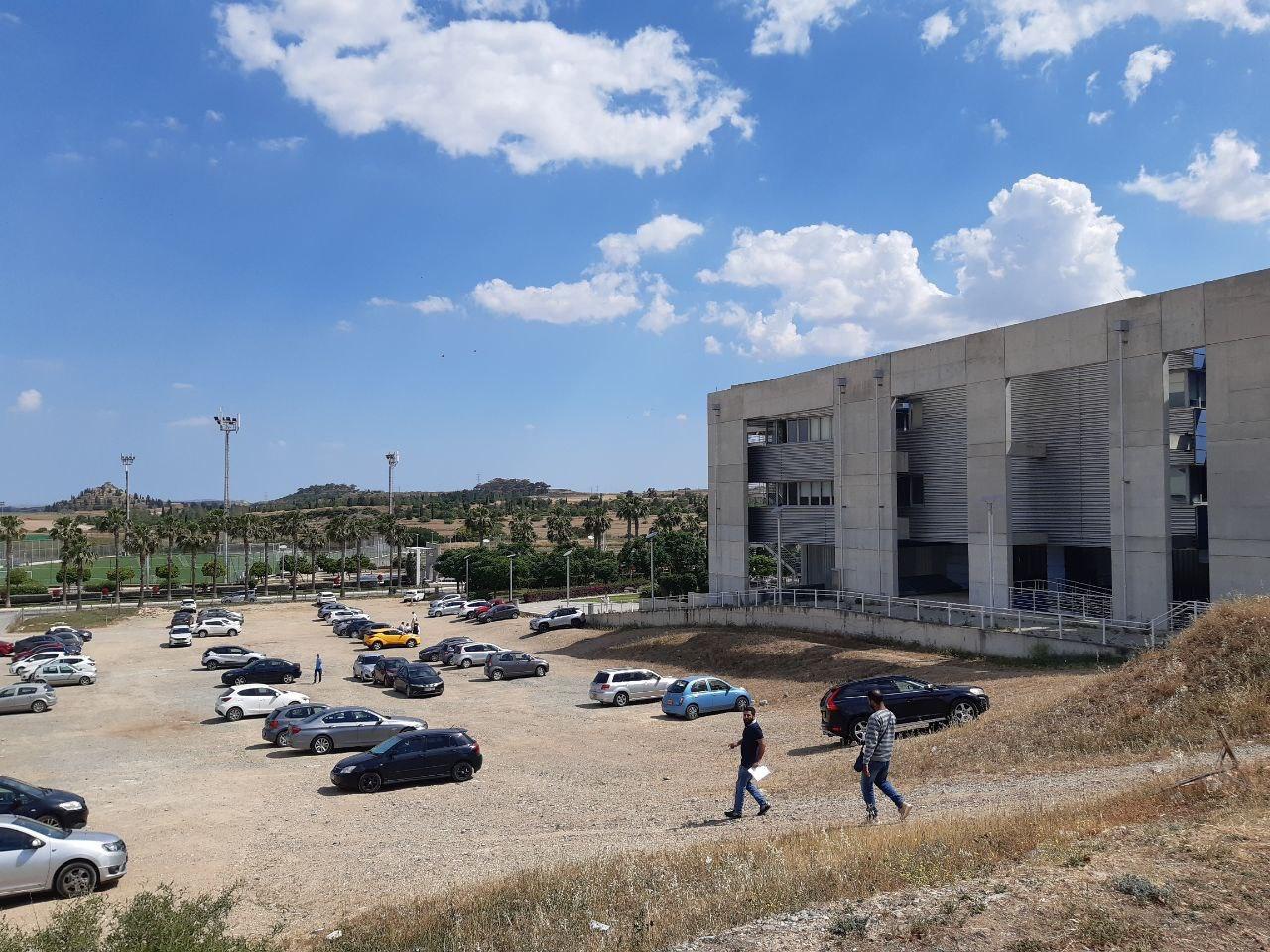
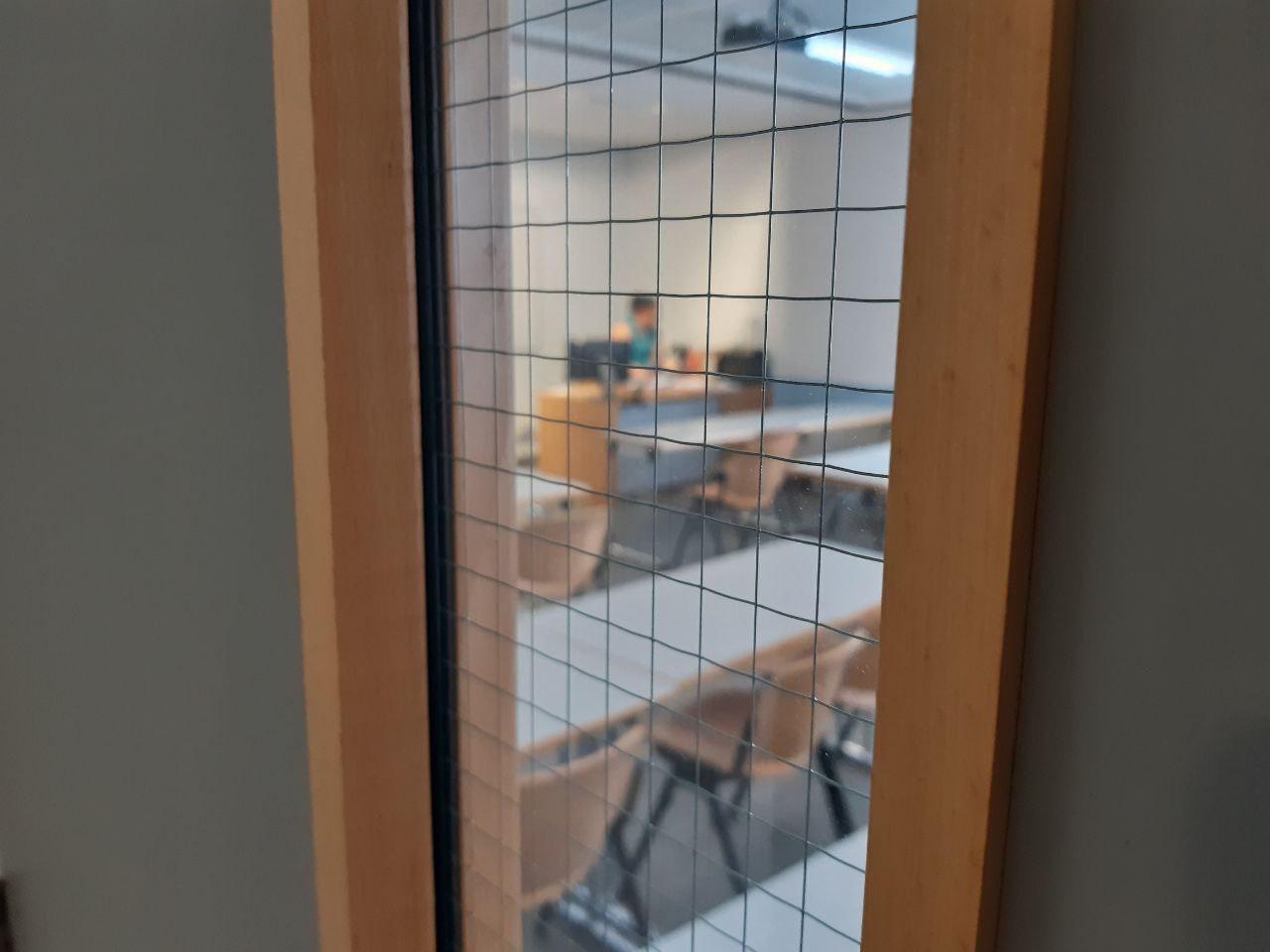
Formalities before an exam
In the auditorium, two examiners are sitting at a table. The man, a typical Cypriot, smiles and nods: "Have a seat!" I look over and it's like I can read his face: "Come on, don't let us down, παιδί μου." The woman is the exact opposite. The look is cold and stern. It feels like you've already failed the exam. I don't know, maybe the man just didn't have time to drink a frappe in the morning.
We are handed forms and asked to fill in our details. First name, last name, the number assigned at registration, the date and place of the exam - all in Greek, of course. If you're still awake in the morning, Greek grammar is sobering. After that, the worksheets are taken away, pulled out, and the recorder is turned on. The oral exam begins.
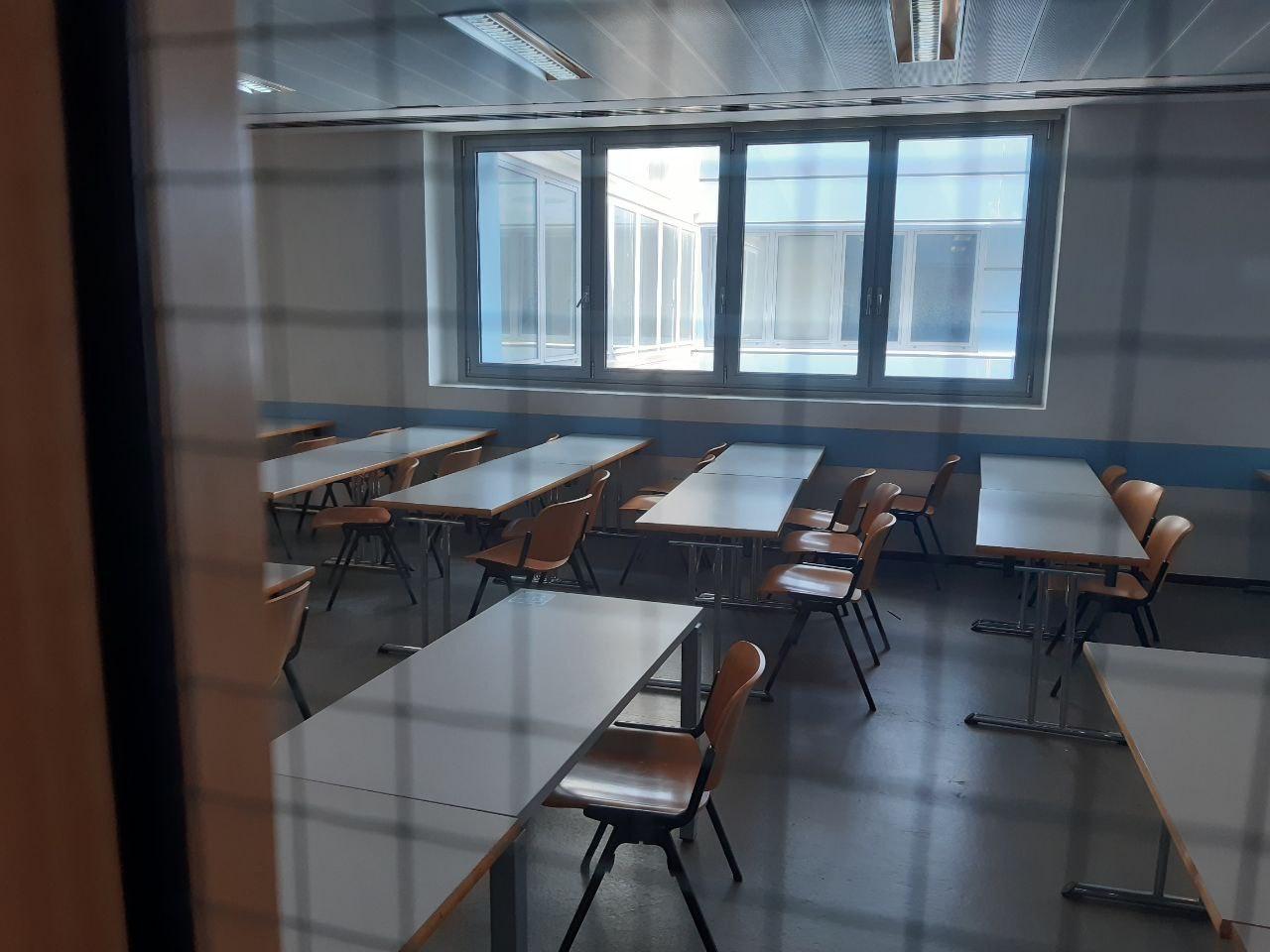
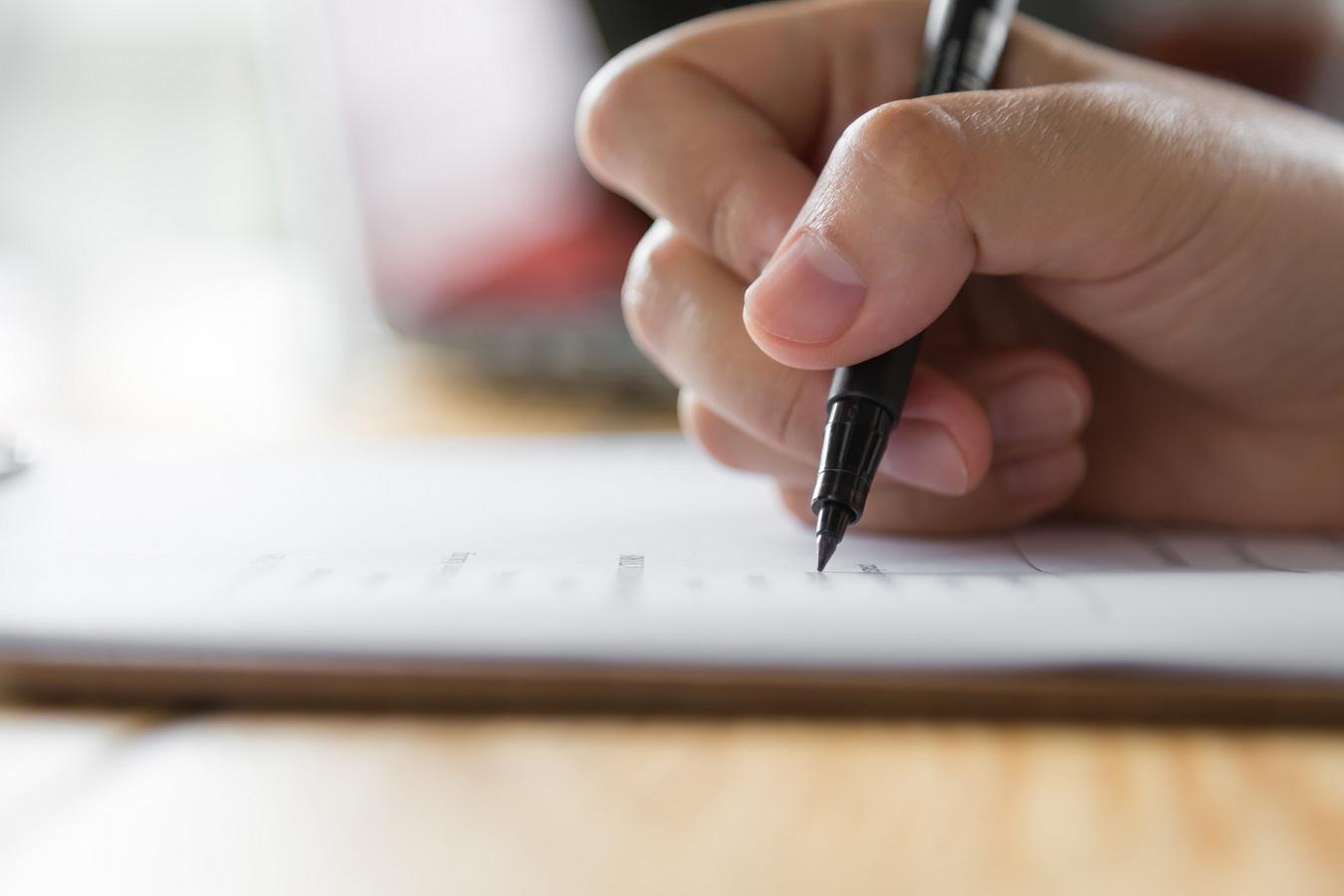
So, first things first: let's all introduce ourselves.
The first part of the exam is just a warm-up, so don't stress. You need to talk about yourself: who you are, where you're from, how long you've been living in Cyprus, what you do, and mention your family. Try to give a brief rundown of your life so far. The better you present yourself, the fewer extra questions you'll be asked.
The key is to not get bogged down in the details. Just a heads-up: don't forget your husband's name or how many kids you've got (if you've got any, of course) out of fear. There's a time limit for each person. The examiners don't need to know why you chose a particular path in life. They're interested in the basics, like whether you've got a cat.
I'd practised everything, of course: "My name is Xenia. I'm from Russia. I've been living in Cyprus for five years, and so on." All they asked me was what kind of music I listen to and what I do in my free time. My neighbour wasn't so lucky though. She had a bit of a stumble during her presentation, so she was hit with a bunch of questions. After the exam, I chatted to the other students and made a quick list of what the examiners were interested in:
- Πώς λέγεστε; (What is your name?)
- Πόσων χρονών είστε; (How old are you?)
- Από πού είστε; (Where are you from?)
- Πού μένετε; (Where do you live?)
- Σε ποια περιοχή μένετε; (In which area/neighborhood do you live?)
- Πόσο καιρό μένετε στην Κύπρο; (How long have you been living in Cyprus?)
- Πού δουλεύατε πριν; (Where did you work before?)
- Πού δουλεύετε τώρα; (Where do you work now?)
- Τι δουλειά κάνετε; (What do you do for a living?)
- Τι κάνετε μετά τη δουλειά σας; (What do you do after work?)
- Τι σας αρέσει στη δουλειά σας; (What do you like about your job?)
- Πού σπουδάσατε; Τι σπουδάσατε; Σε ποια ειδικότητα σπουδάσατε; / Τι μάθατε στο πανεπιστήμιο; (Where did you study? What did you study? What was your major? / What did you study at university?)
- Πού σπουδάζετε τώρα; Τι σπουδάζετε τώρα; (Where are you studying now? What are you studying now?)
- Πού μαθαίνετε ελληνικά; (Where are you learning Greek?)
- Πόσο καιρό μαθαίνετε ελληνικά;(How long have you been learning Greek?)
- Γιατί μαθαίνετε ελληνικά; (Why are you learning Greek?)
- Σας αρέσει να μαθαίνετε ελληνικά; (Do you enjoy learning Greek?)
- Μαθαίνετε ελληνικά σε ομάδα ή ιδιαίτερα;(Are you learning Greek in a group or individually?)
- Ξέρετε άλλες γλώσσες; Ποιες γλώσσες ξέρετε;(Do you know other languages? Which ones?)
- Τι σας αρέσει να κάνετε στον ελεύθερο χρόνο σας;(What do you like to do in your free time?)
- Πώς ξεκουράζεστε όταν είστε κουρασμένοι; (How do you relax when you are tired?)
- Σας αρέσει να διαβάζετε βιβλία; Γιατί;(Do you like reading books? Why?)
- Τι σας αρέσει να διαβάζετε; Τι είδος βιβλίων σας αρέσει;(What do you like to read? What kinds of books do you like?)
- Σας αρέσει να βλέπετε τηλεόραση;(Do you like watching TV?)
- Ποιες ταινίες σας αρέσουν; (What kind of movies do you like?)
- Πόσο συχνά βλέπετε ταινίες; (How often do you watch movies?)
- Τι μουσική ακούτε; (What kind of music do you listen to?)
- Πού ακούτε μουσική; (Where do you listen to music?)
- Πόσο συχνά ακούτε μουσική; (How often do you listen to music?)
- Πόσο συχνά ταξιδεύετε; (How often do you travel?)
- Πού πήγατε διακοπές την τελευταία φορά; (Where did you go on your last vacation?)
- Πότε πήγατε διακοπές την τελευταία φορά; (When did you go on your last vacation?)
- Πότε είναι τα γενέθλιά σας;(When is your birthday?)
- Πώς γιορτάζετε τα γενέθλιά σας; (How do you celebrate your birthday?)
- Έχετε παιδιά; (Do you have children?)
- Ποια είναι η οικογένειά σας; (What is your family like?)
- Πώς περνάτε χρόνο με την οικογένειά σας; (How do you spend time with your family?)
- Πού μένετε τώρα — σε σπίτι ή σε διαμέρισμα; (Where do you live now — in a house or an apartment?)
- Πώς είναι το σπίτι σας;(What is your home like?)
- Ποιο είναι το αγαπημένο σας ελληνικό φαγητό; (What is your favorite Greek food?)
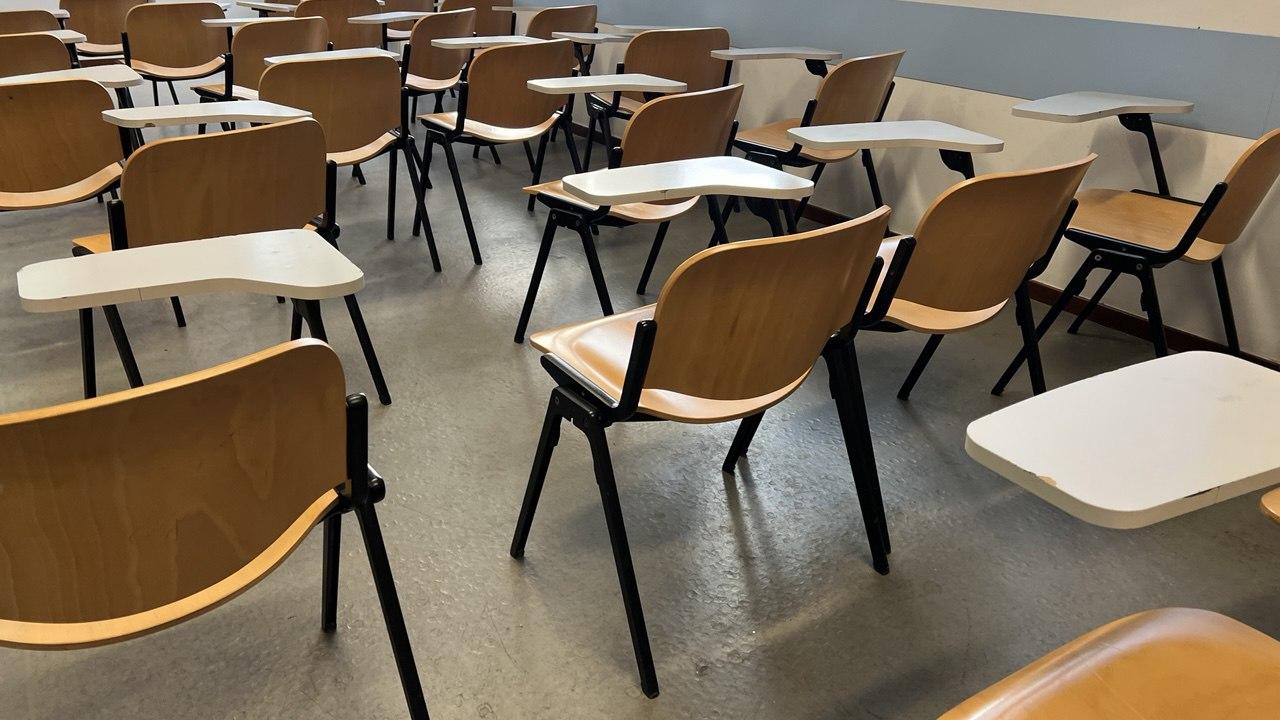
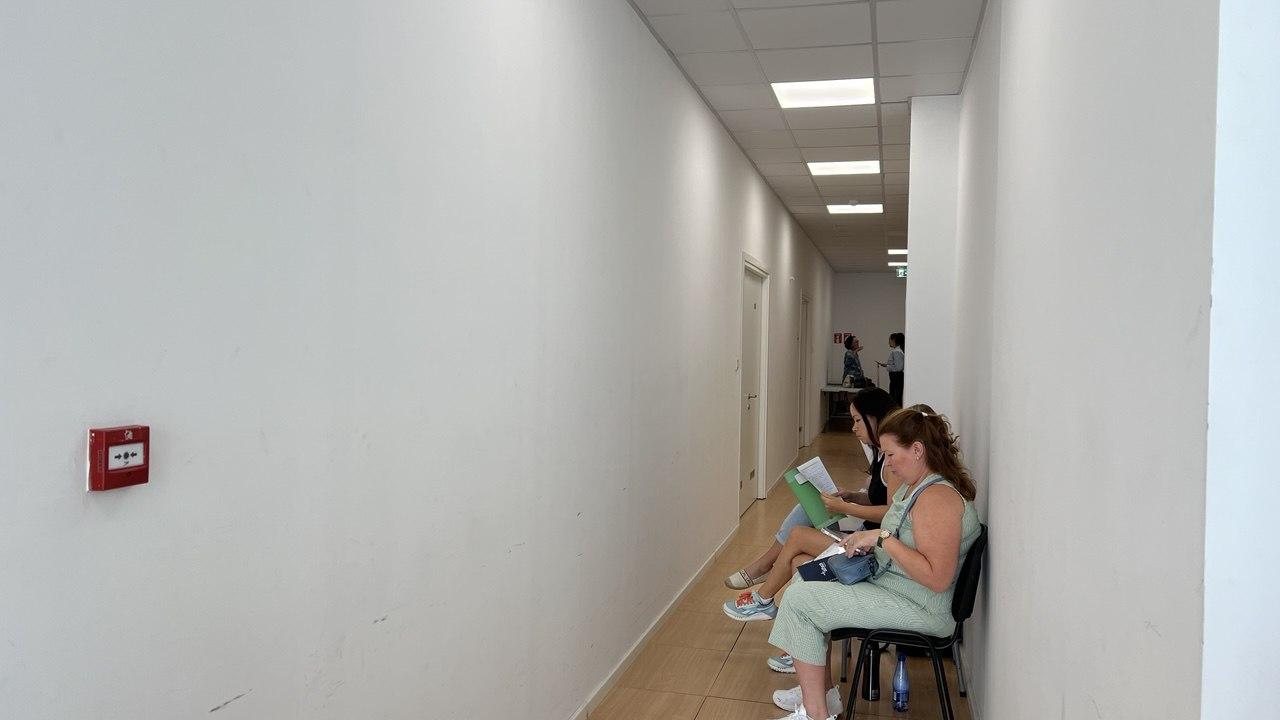
Second task: describe the picture
This is where creativity begins. The examiners gave us different pictures, so we didn't have to choose. What fell out, fell out. My neighbor had an illustration with cooks. So she was asked questions about cooking and different dishes.
I got a picture of two girls and a mom reading books. Thank the Olympic gods it wasn't some camping trip or boating on a lake! It seems simple. But, it's important to not just say "girls reading" here, but to add a bit of life. Who is sitting where? What are their faces like? Maybe they're reading fairy tales. Or maybe mom is a strict teacher and won't let them leave until they learn all the chapters?
This is the kind of assignment where you can open yourself up. Show that you don't just know Greek words, but can put them into sentences, describe actions, and even fantasize a little. I was listened to, then asked if I like to read and how often I do it. At this point we moved on to the next task.

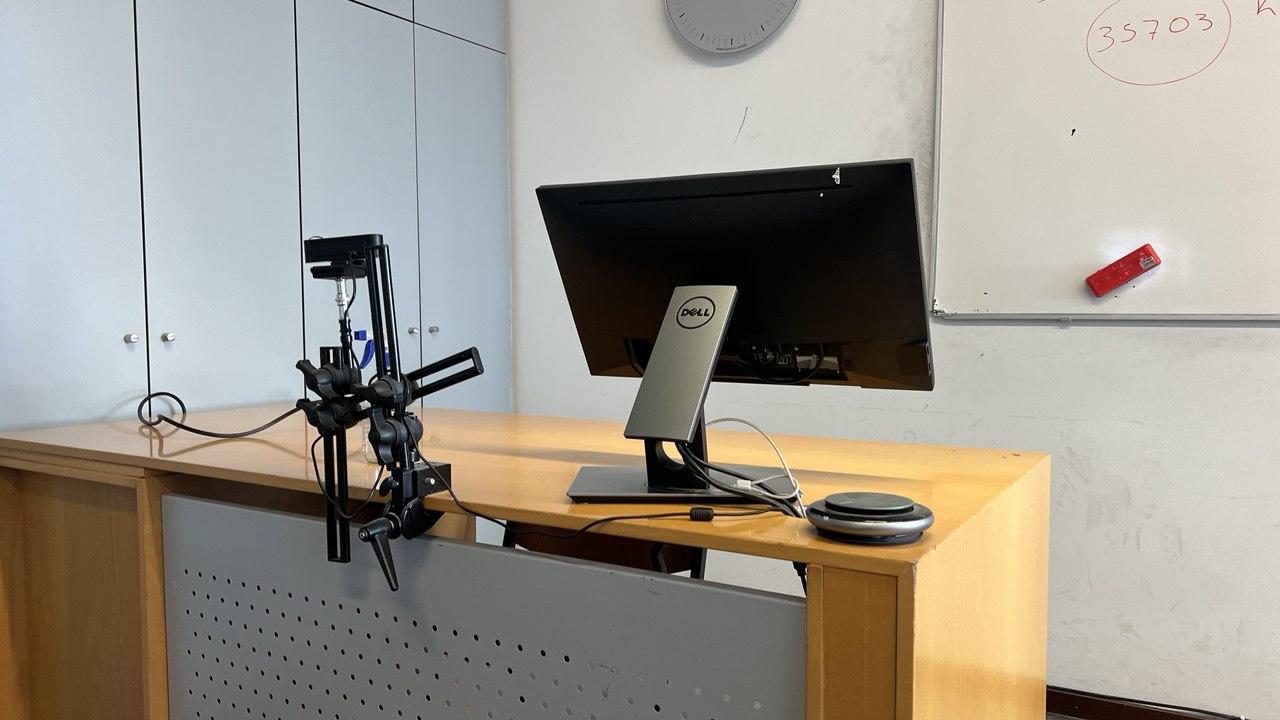
Third task: dialogue
The cherry on top was a dialogue about renting an apartment. I got the role of the landlord, and my partner got the role of the potential tenant. Since we agreed in advance not to rush things, the plan worked perfectly.
While she asked questions about the location, number of rooms, floor, and price, I answered. When she stumbled over the mysterious expression “χώρος στάθμευσης” (parking), I didn't wait for an awkward silence and said with a smile, “By the way, there's parking near the house!” — and we continued as if nothing had happened.
The moral of the story? Help your partners. This is not a competition, but a joint task. There is no need to “shine” with five-minute monologues, especially if your role is simply to agree. Dialogue is when two people talk, not when one rattles off memorized phrases while the other remains silent like a piece of furniture. You can show your knowledge by describing pictures and answering the examiners' questions. For dialogue, it's better to stick to the following pattern:
- Yasu-yasu
- I want this - why.
- Argument-counterargument.
- Agreement.
- Yasu-yasu

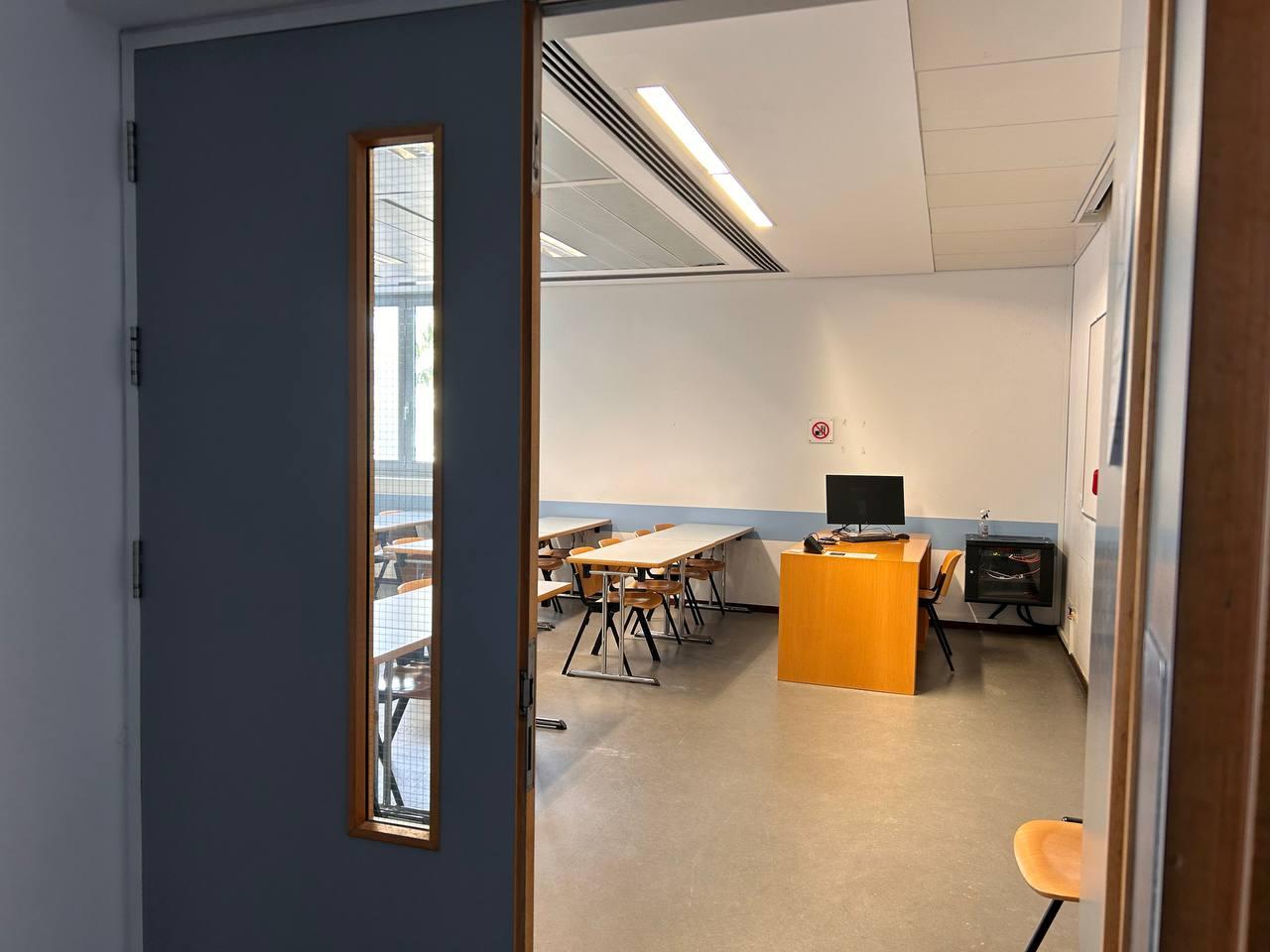
Here are the conclusions and recommendations.
I know that taking an oral exam can be a bit nerve-wracking, but it's not as scary as you might think. The secret to success is pretty simple: structure, calmness, humanity, and a little bit of humour. Just remember that even if things don't go to plan, it's only an exam and not the end of the world. Here are five handy life hacks to help you ace it:
- Just say what you think, even if you're not 100% sure. Mistakes aren't scary, but silence is worse. If you don't know a word, just leave it out and rephrase it. The most important thing is to show that you can speak and think in Greek, even if you have an accent and make mistakes. Examiners aren't philologists, so communication is important to them.
- Try to describe pictures ahead of time. It might sound simple to describe a picture, but it's easy to lose your ability to speak properly. Have a think about who's in the photo, what they're doing, where they are and how they're feeling. This will show that you can speak clearly and competently.
- Just a heads-up that you should work in pairs rather than going it alone. If you're having a conversation, let the other person speak. Don't make the task a one-man show. The idea is to work together, not to win. It's better to show you can listen, clarify and add to what others say than to bombard them with monologues.
- Just follow the instructions carefully. This is especially true when it comes to dialogue. You've got a list of questions to go through, so just follow it in order and you'll be fine. If someone asks you about the floor, just explain it. Then there are the bedrooms. And then there's the price. The examiners want to see that you can keep your head and not get overwhelmed in everyday situations.
- Just remember to keep calm and be friendly. Even if the examiner next to you looks like they haven't had a coffee since 7 a.m., don't stress. Smile, be polite and speak clearly. The vibe during the exam often depends on how you're feeling. Greek is a language of emotions, so show that you're on top of things.
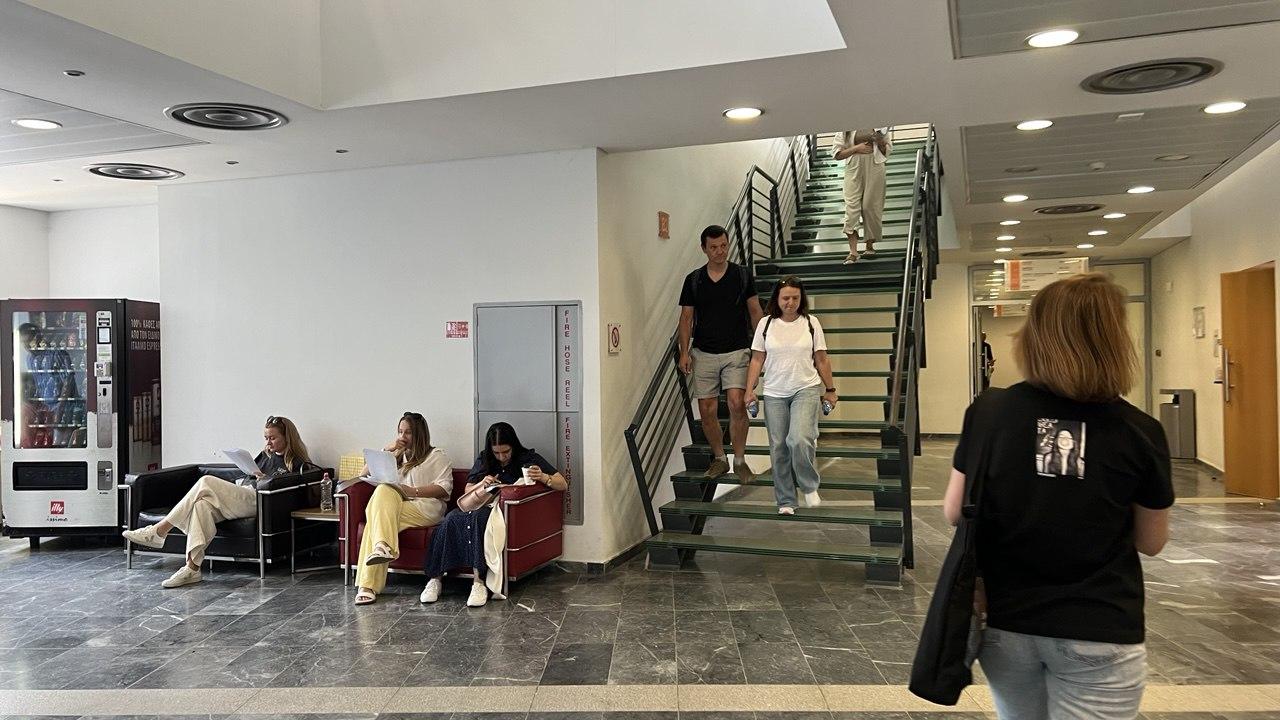
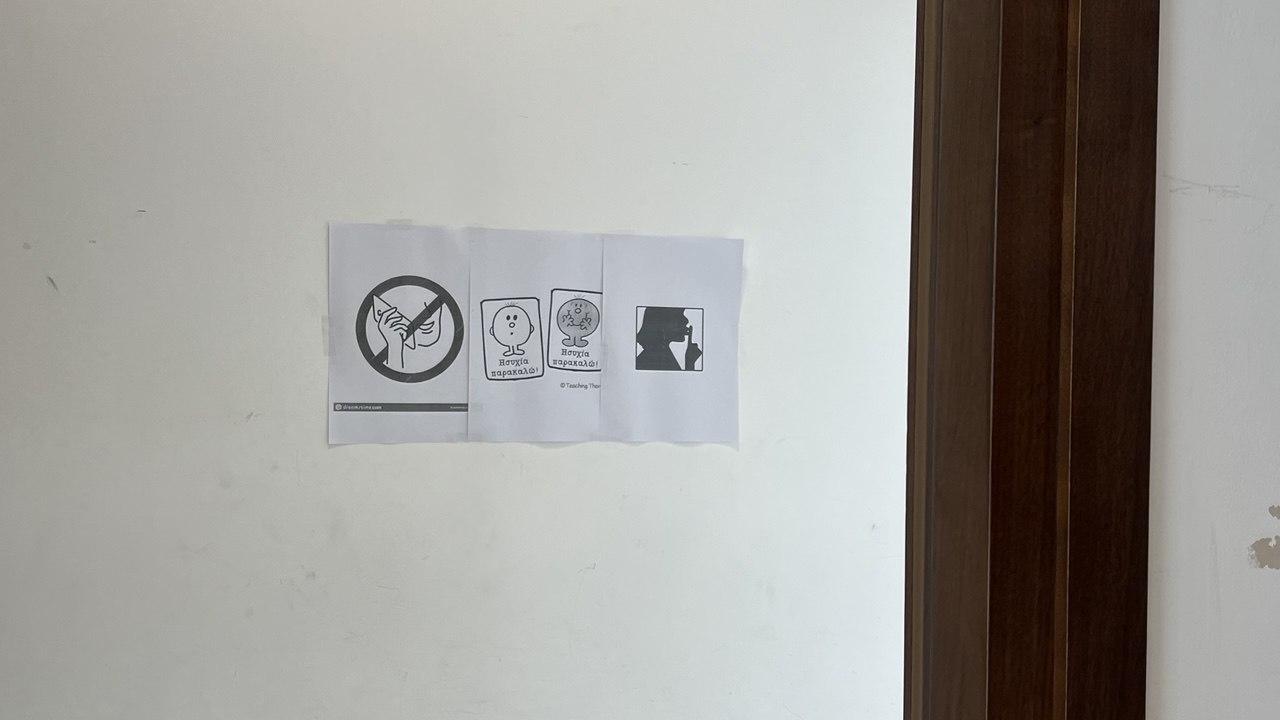
The oral exam is not a test of perfection, but a test of your ability to communicate. Be confident, calm, friendly, and you'll do well. I will know my result in August.
Read also:

